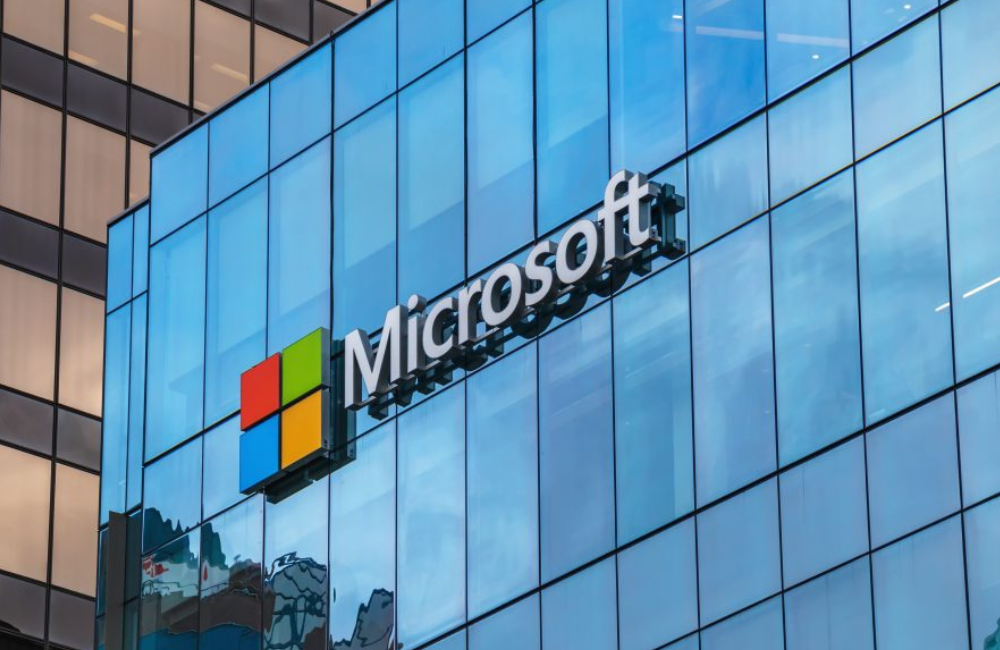Microsoft is keeping up a “continuous effort” to combat fraud. The company has established itself as a leader in cybersecurity, developing comprehensive strategies to address evolving digital threats.
The tech giant has been a mainstay in the industry for decades and as scammers continue to find new ways to wreak havoc on systems, they have installed new features to stop them. These security enhancements span across Microsoft’s entire ecosystem, providing layered protection for users and organizations alike.
“Microsoft maintains a continuous effort to protect its platforms and customers from fraud and abuse. From blocking imposters on Microsoft Azure and adding anti-scam features to Microsoft Edge, to fighting tech support fraud with new features in Windows Quick Assist, this edition of Cyber Signals takes you inside the work underway and important milestones achieved that protect customers,” Microsoft said in a blog post. The Cyber Signals report has become a valuable resource for understanding current threat landscapes and Microsoft’s response strategies.
In the post, Microsoft noted that they had “thwarted $4 billion in fraud attempts, “rejected 49,000 fraudulent partnership enrollments” and “blocked about 1.6 million bot signup attempts per hour”. These statistics reveal the massive scale of ongoing digital fraud attempts that Microsoft works to combat daily through their security infrastructure.
“AI has started to lower the technical bar for fraud and cybercrime actors looking for their own productivity tools, making it easier and cheaper to generate believable content for cyberattacks at an increasingly rapid rate. AI software used in fraud attempts runs the gamut, from legitimate apps misused for malicious purposes to more fraud-oriented tools used by bad actors in the cybercrime underground,” the post added, explaining how AI is being used to combat scamming. This acknowledgment highlights the dual nature of AI technology in both enabling and fighting digital fraud.
Microsoft‘s approach includes leveraging their extensive global network to identify patterns associated with fraudulent activities. By analyzing signals across their platforms, the company can develop more effective countermeasures against emerging threats before they cause widespread harm.
One key focus area is Microsoft Edge, which now features enhanced security systems designed to identify and block phishing attempts and malicious websites automatically. These protective measures work silently in the background, creating a safer browsing experience for users without requiring technical expertise.
The Windows Quick Assist feature has also received significant security upgrades to prevent fraudsters from impersonating legitimate technical support. This addresses a common scam tactic where criminals pose as Microsoft support personnel to gain system access or extract payments from unsuspecting users.
Industry experts have noted Microsoft’s holistic approach to security, with protections integrated across multiple products creating layers of defense. This comprehensive strategy recognizes that modern cybersecurity requires coordination across different platforms and services rather than isolated solutions.
The company’s Azure cloud platform has implemented sophisticated detection systems that analyze behavioral patterns to distinguish between legitimate users and automated fraud attempts. This technology has proven particularly effective against advanced attacks that attempt to mimic human behavior to bypass traditional security measures.
Microsoft has also strengthened its partnership verification processes, establishing rigorous authentication requirements that have significantly reduced fraudulent enrollments. These measures protect both the company’s ecosystem and its legitimate business partners from reputation damage and financial losses associated with impersonation scams.
The report emphasizes collaboration as a critical component in fighting cybercrime, highlighting Microsoft’s participation in international efforts to dismantle fraud networks. These partnerships between technology companies and law enforcement agencies have become increasingly important as criminal operations grow more sophisticated and operate across multiple jurisdictions.
For individual users, Microsoft recommends following basic security practices like enabling multi-factor authentication, keeping software updated, and remaining vigilant about suspicious communications. The company emphasizes that simple preventative measures remain highly effective against many common fraud tactics.
As digital threats continue to evolve, Microsoft remains committed to advancing its security capabilities through both technological innovation and industry collaboration. Their ongoing investment in AI-powered security tools represents a strategic approach to addressing the increasingly complex fraud attempts that target individuals and organizations worldwide.












